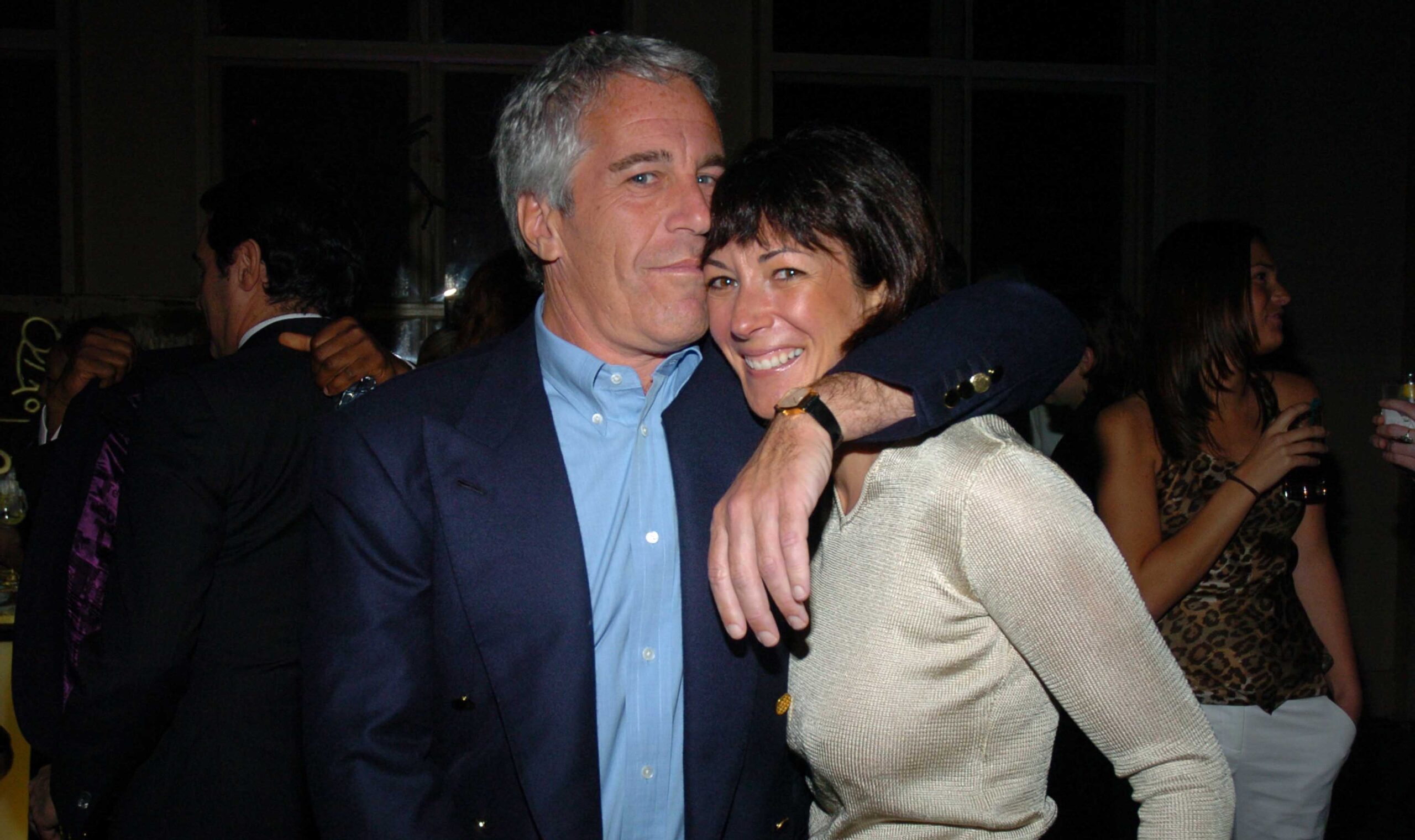More U.S. “Leadership” in Syria Would Only Ensnare the U.S. in Another Unnecessary Conflict
Jackson Diehl believes that the U.S. should be blamed for Syria’s civil war:
But the worst blowback from his policies will come in Syria. What began as a peaceful mass rebellion against another Arab dictator has turned, in the absence of U.S. leadership, into a brutal maelstrom of sectarian war [bold mine-DL] in which al-Qaeda and allied jihadists are playing a growing role. Obama’s light footprint strategy did much to produce this mess…
Had the U.S. provided more “leadership” in the conflict all along, there still would have been a brutal and sectarian conflict. The difference is that the U.S. would then be that much more entangled in a sectarian conflict in which it has nothing at stake. Given the divisions in Syrian society and the composition of the opposition, sectarian conflict wasn’t something that the U.S. could have prevented so long as the current regime was committed to remaining in power by any means necessary. If the U.S. could not prevent sectarian violence in a country that it occupied with over a hundred thousand soldiers, it is extremely difficult to see how more U.S. “leadership” in Syria would have done so. A large U.S. and allied military presence in Iraq did not discourage the activities of jihadists, but provided them with a pretext to engage in their atrocities in that country for years.
The alternative that hawks tend to favor is one in which the U.S. inserts itself into Syria’s conflict and assumes some responsibility for the aftermath of regime collapse. Since the fighting in Syria began, there has been increasing agitation in the West to back the opposition and keep the conflict going until the current regime is overthrown. More U.S. “leadership” might help bring about the end of one period of conflict, but that would probably not be the end of sectarian violence. Had the U.S. exercised more “leadership” over the last year and a half in Syria through some form of military aid or intervention, it would not be preventing sectarian violence all together. The U.S. would have been facilitating it against those communities perceived to be pro-regime or insufficiently supportive of the opposition.
As Scoblete says, the lesson that the U.S. should draw from post-war instability and disorder in Libya is that the U.S. and its allies ought to have stayed out of Libya’s internal conflict. The U.S. and allied intervention helped to create a mess in Libya, which has spilled over into other parts of Africa as well, and that ought to be one of the strongest arguments against doing the same thing in Syria where the effects of Western intervention will have unintended consequences that would likely be even more destructive and harmful to international security.
